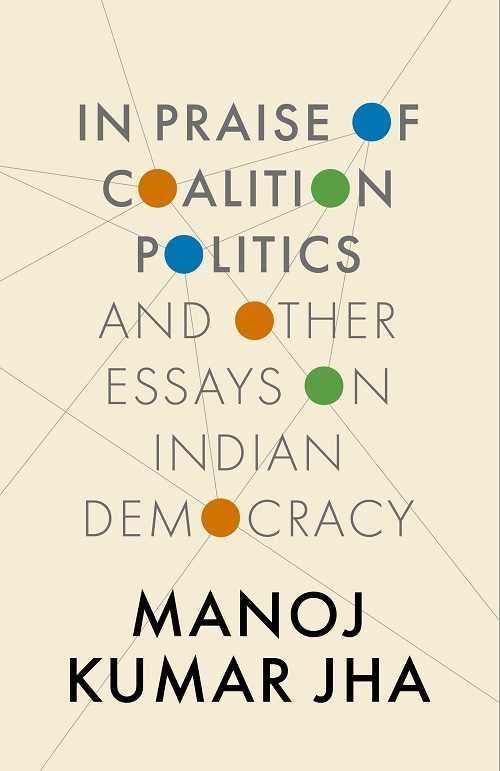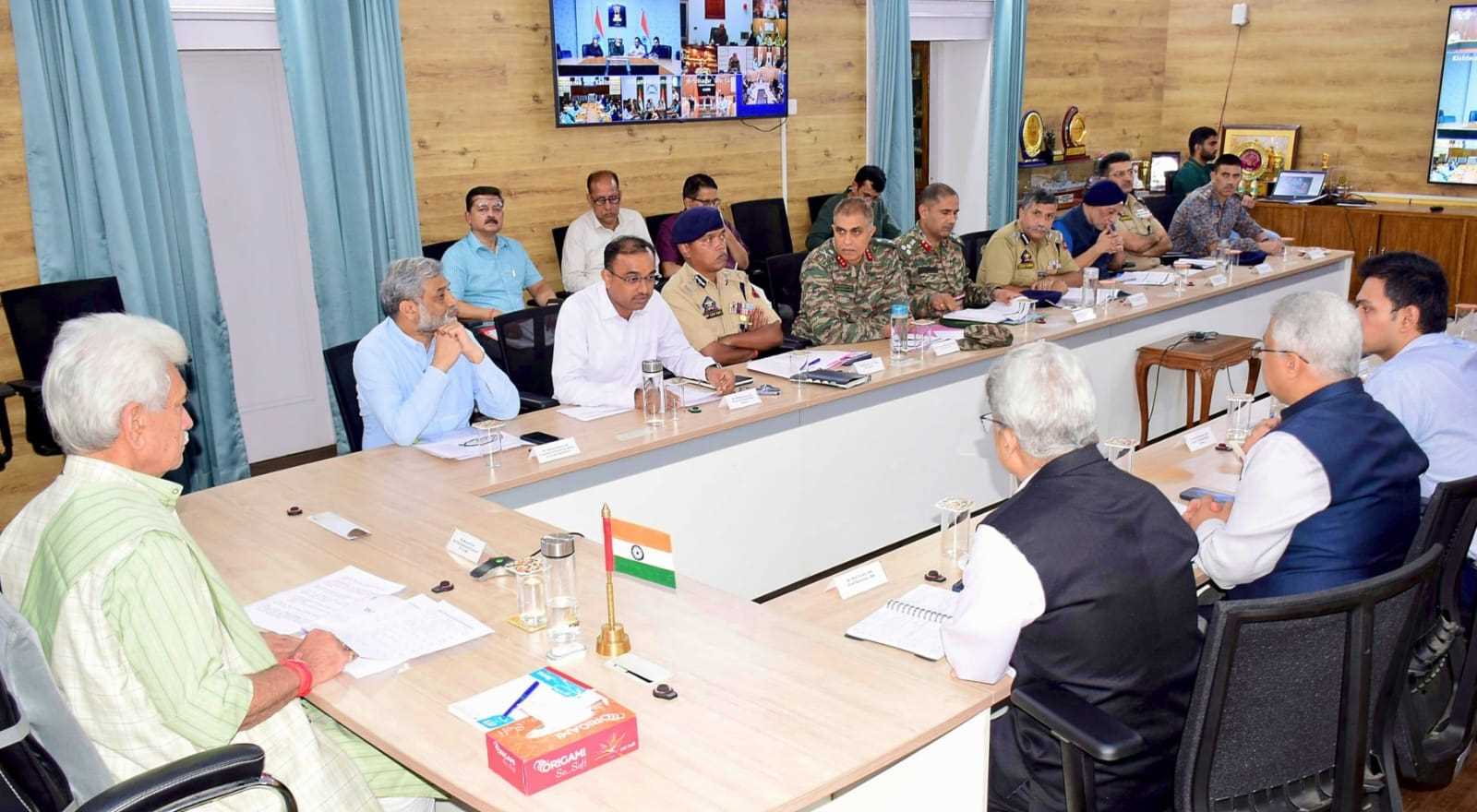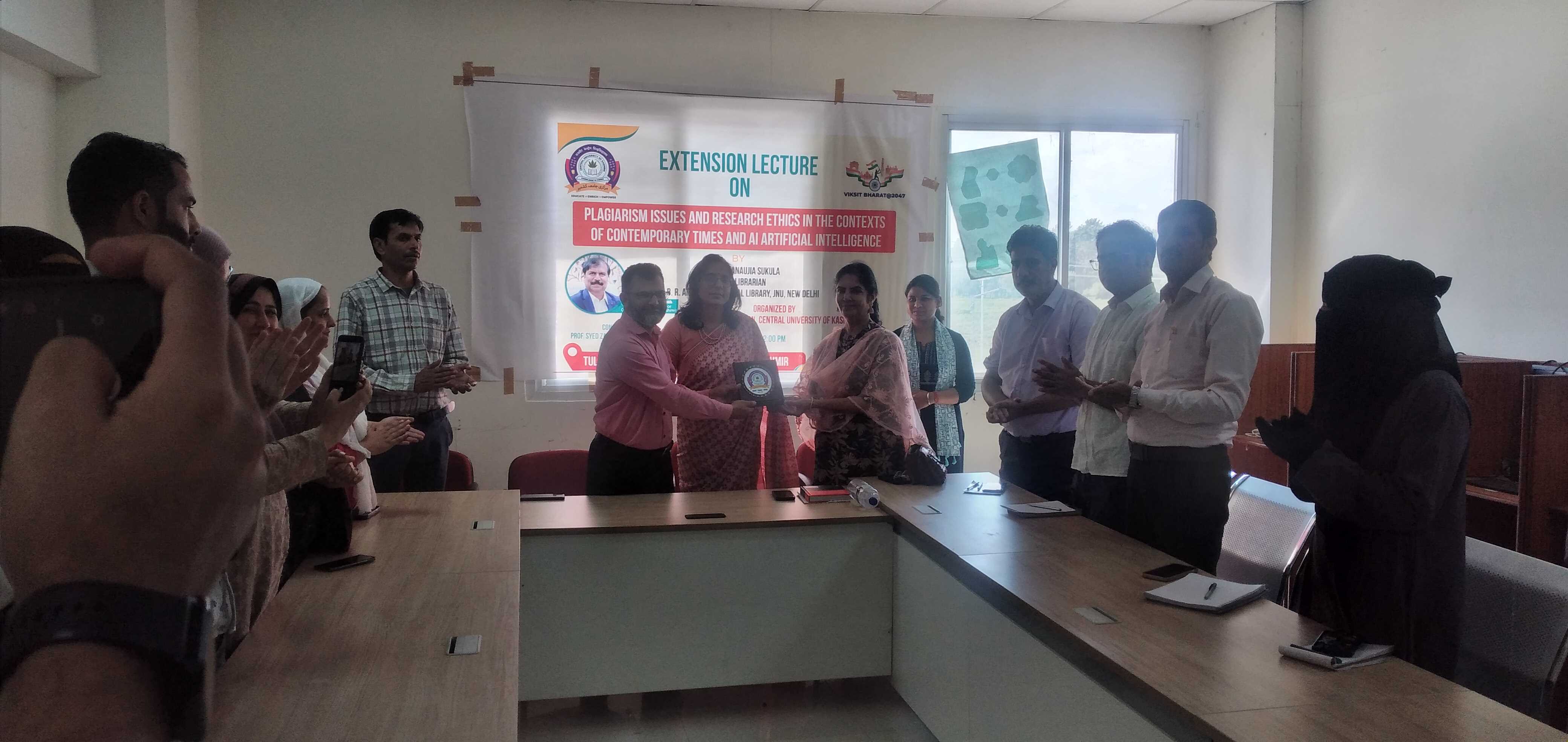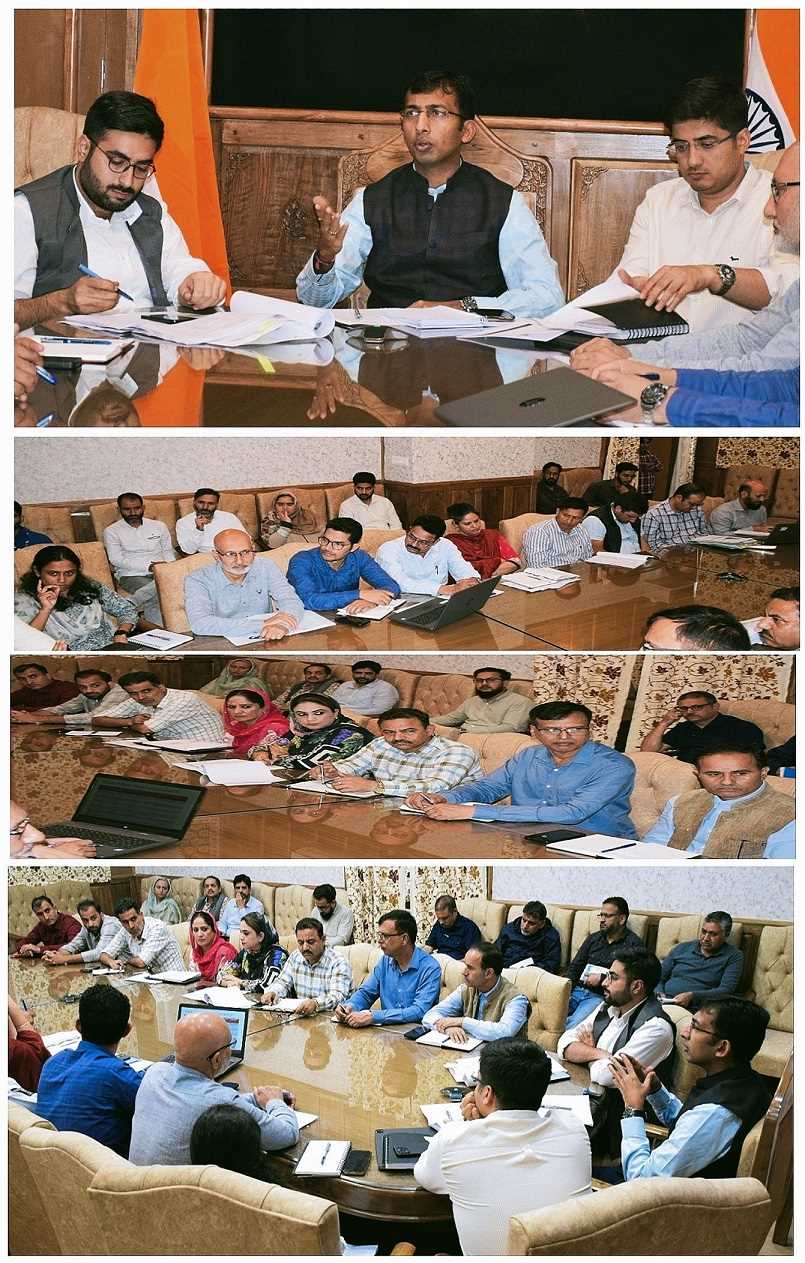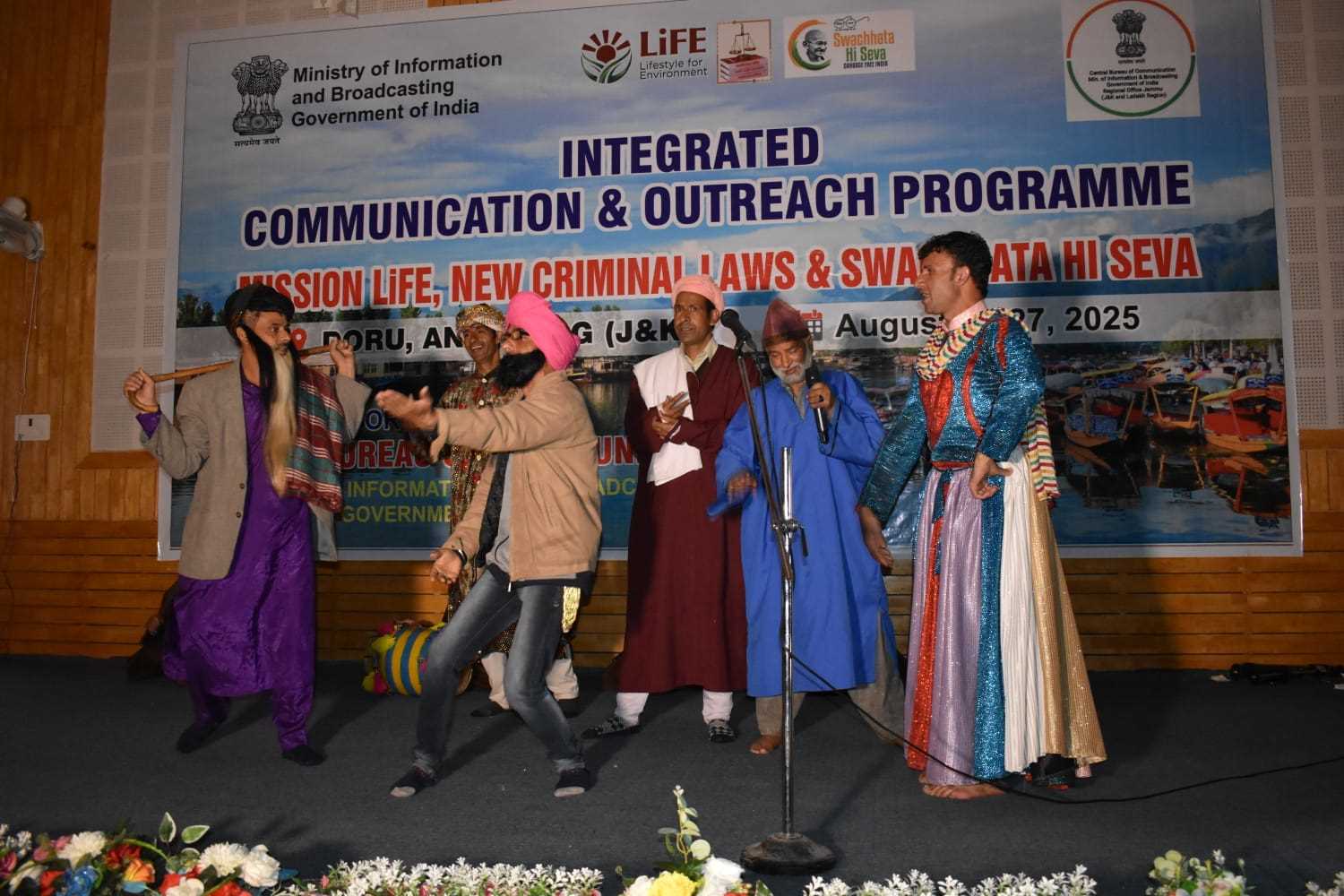In a political climate increasingly defined by majoritarianism and centralised power, Rajya Sabha MP and professor Manoj Kumar Jha’s new book, ‘In Praise of Coalition Politics and Other Essays on Indian Democracy’ (Speaking Tiger, 2024), arrives as both a lament and a call to arms.
A compilation of speeches, essays, and reflections, the volume is a deeply personal and politically charged meditation on the state of Indian democracy - its ruptures, resistances, and the fragile hope of resurgence.
The book opens with a foreword by Gopal Krishna Gandhi, who recalls Acharya Kripalani’s trembling hands as he introduced a no-confidence motion against Nehru’s government. Kripalani’s critique, Gandhi writes, was “razor sharp,” yet tempered by the moral weight of democratic dissent. This anecdote sets the tone for Jha’s own interventions - rooted in history, animated by conviction, and unafraid to speak truth to power.
Jha positions himself as a “small link in the great chain of history of resistance,” and the book bears out that claim. Whether addressing Parliament or penning essays, his voice is that of a scholar-activist, committed to clarifying what is obfuscated and challenging what is peddled as common sense.
“Politics cannot be separated from education,” he writes, and this pedagogical impulse runs through the book’s pages - each argument meticulously built, each critique grounded in constitutional values.
At the heart of the book is a passionate defence of coalition politics. Jha argues that the 2024 general election results have rekindled hope for a return to pluralistic governance. Coalition politics, he insists, is not merely a fallback mechanism but an essential feature of Indian democracy - one that honours diversity, decentralisation, and institutional sovereignty.
Drawing on Mughal history, he invokes Akbar’s Sulh-i-Kul as an early model of coalition governance in the social sphere, and the mansabdari system as a coalition of martial groups that integrated Rajputs, Afghans, and Turks without erasing their identities.
This historical framing is not ornamental - it is strategic. Jha uses it to counter the systematic demonisation of coalition governance that preceded the 2014 elections, led by the BJP and amplified by the RSS-backed Anna Hazare movement. The result, he argues, was a widespread belief in the superiority of single-party rule, which paved the way for a majoritarian and autocratic regime.
The book’s critique of the present government is unflinching. Jha writes that the Modi regime has “left no stone unturned in fundamentally redefining what it means to be Indian,” shifting from a secular and civic nationalism to one that is “violent, exclusionary and premised upon revenge.”
He warns that religious majoritarianism, combined with brute state power, has endangered the democratic gains of the past seven decades. What India needs, he argues, is “constitutional patriotism” - a concept borrowed from social theorist Jürgen Habermas.
Jha’s concern is not limited to ideology; it extends to institutional decay. He laments the silencing of opposition voices, the erosion of parliamentary norms, and the collapse of data integrity in legislative processes.
“A functioning legislature depends on accurate information,” he writes, yet government data collection and its presentation have reached abysmal lows. To express the frustration of opposition MPs, he quotes poet Waseem Barelvi:
Woh jhooth bol raha tha baday sleeqay se
Main aithbaar na karta to kya karta
This couplet, nestled within a political essay, exemplifies Jha’s literary sensibility and his ability to fuse emotion with analysis. It also underscores the book’s tone - one of anguish, but not defeat.
The media, often called the fourth pillar of democracy, comes under sharp scrutiny. Jha notes that the average Indian national daily allocates just 0.67 per cent of its front page to rural news, despite 69 per cent of the population living in rural areas.
“The situation was never rosy,” he writes, “but it has gone from bad to worse.” He is particularly distressed by sections of the media that have “turned against the people at the bidding of the powers that be.”
Economic inequality is another recurring theme. Citing a March 2024 report by the World Inequality Lab, Jha notes that income distribution in India is now less equitable than it was during the British Raj. He attributes this to the Modi government’s economic policies and its assault on autonomous institutions - from the Election Commission to universities and the judiciary.
The book’s scope is expansive. Beyond coalition politics, it includes chapters on Kashmir, Palestine, the RSS, caste census, the Waqf Board, and letters to Nehru and Gandhi. But perhaps most poignant is Jha’s writing on manual scavenging - a subject he treats not as a policy issue but as a moral wound at the heart of the republic.
Throughout, Jha’s prose is lucid, impassioned, and often poetic. His voice is that of a parliamentarian who refuses to be cowed, a teacher who refuses to stop teaching, and a citizen who refuses to stop believing in the promise of democracy. The book is not just a record of dissent - it is a reminder that dissent itself is a democratic virtue.
Published by Speaking Tiger, ‘In Praise of Coalition Politics’ is a timely and necessary intervention. It offers no easy answers, but it does offer clarity, courage, and a roadmap for reclaiming India’s democratic soul.
For readers seeking to understand the stakes of the present moment - and the possibilities of the future - this book is essential reading.
……………….Ends………………
